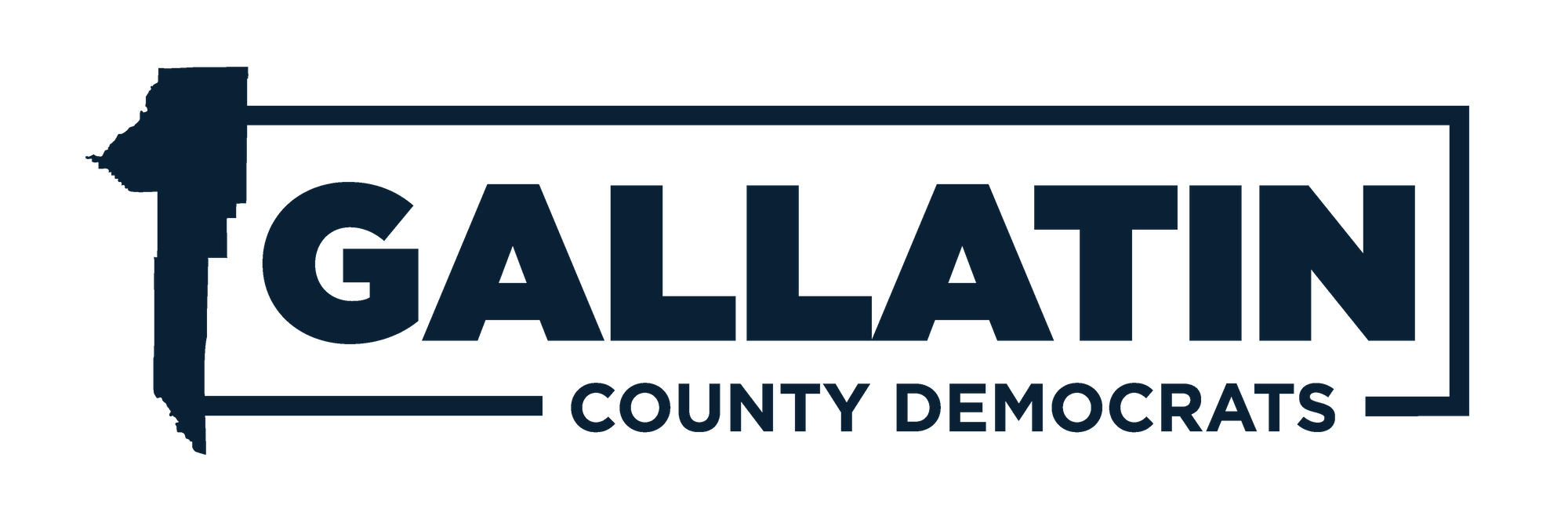By MARK REYNOLDS
AND KRISTEN WALSER
Guest columnists
A few weeks into the new administration, the federal government is off to a roaring start on climate change. Democrats have indicated climate change is a priority issue they intend to tackle.
President Biden signed a raft of executive orders related to climate change, elevating the issue across the federal government. The Senate majority leader directed all relevant Senate committees
to begin holding hearings on climate. And the Speaker of the House, no stranger to the fight for climate legislation, is ready for round two.
Republicans, too, know their constituents are struggling with the impacts of climate change, and their younger voters in particular are eager for representation in this national discussion.
Sen. Daines has addressed citizens across Montana about the need to mitigate climate change. There’s no question of congressional climate action this year — it must happen.
As Congressman Rosendale and Sens. Tester and Daines and their colleagues in Congress evaluate policy options, they should consider the broadly popular revenue-neutral carbon fee.
A carbon fee can quickly slash our emissions and save lives—plus, when designed right, it can actually pay people and benefit American business.
Economists, health organizations, and the scientific and business communities are all publicly stating that it’s imperative that the world reach net-zero greenhouse gas emissions by 2050, and
that carbon pricing in the form of carbon taxes, or fees on fossil fuels, “offers the most cost-effective lever to reduce carbon emissions at the scale and speed that is necessary.” (Economists’
Statement on Carbon Dividends) This is the consensus solution.
The 2050 target comes from the Intergovernmental Panel on Climate Change’s game-changing 2018 report. In that same report, the IPCC specified that “carbon pricing is a necessary condition of ambitious climate policies.” Scientists are committed to solving this problem, so they’re throwing support behind the most effective solution available.
Deep emissions cuts will not only help the climate, but will also be a huge boon to public health. We could save 4.5 million American lives over the next 50 years by replacing pollution with clean air. That’s why the Lancet Commission endorses carbon pricing, calling it “the single most powerful strategic instrument to inoculate human health against the risks of climate change.”
In addition to health benefits, a carbon tax can provide economic benefits to Americans by spurring the new energy economy. Workers will be needed to build out the energy infrastructure across the nation.
Plus, a carbon fee can be designed to return the revenue in a carbon dividend sent to people to spend as they see fit, sometimes called a “carbon cashback.” If these payments are monthly, as in the Energy Innovation and Carbon Dividend Act, 85% of Americans come out ahead or essentially break even. Treasury Secretary Janet Yellen is a longtime supporter of this fee and dividend approach. She affirmed in her January confirmation process that she is “fully supportive of effective carbon pricing.” Yellen is joined by 15 Montana economists who signed the Economists’ Statement on Carbon Dividends, along with 3,500 of their American colleagues.
A carbon fee is better for business, as well. The U.S. Chamber of Commerce recently announced its support of a “market-based approach to accelerate emissions reductions.” A carbon fee is considered a market-based approach, giving businesses the ultimate say on how they shift to clean energy. It is far more predictable and durable than regulations, which can change with the stroke
of a new President’s pen.
Businesses across Montana, from architectural firms to fly fishing to the Montana Ski Area Association have endorsed the carbon fee and dividend policy as embodied by the Energy Innovation
and Carbon Dividend Act.
With scientists, health professionals, economists, and businesses supporting a carbon fee, Congress should listen closely. The American people expect results. Public polling shows 60% of people nationwide and 52% of people in Montana want Congress to do more to address global warming. That desire defies partisanship among the American people, with majority support for climate action from Republican and Democratic voters.
An effective carbon tax would fit the bill and put America on the fast track to a healthy, prosperous future.
Mark Reynolds is Executive Director of Citizens Climate Lobby (CCL). Kristen Walser is Co-Coordinator for CCL Montana.
Bozeman Daily Chronicle Guest Editorial 3/7/21

